Parsing Maynilad vs. DENR Decision
Maynilad vs. DENR is a significant decision penned by the Philippine Supreme Court. Lawyer-Columnist of the Manila Standard, Tony La Viña describes it as “probably the best environmental decision of the Philippine Supreme Court.” In his column “Eagle Eyes” of October 15, 2019, donning his hat as law professor he discusses the four doctrines that provide the basis of the decision. The reader is introduced to the Regalian doctrine, parens patriae, police power of the State, and the public trust doctrine. In sum he explains that: “. . . the Supreme Court connected the more established Regalian and parens patriae…

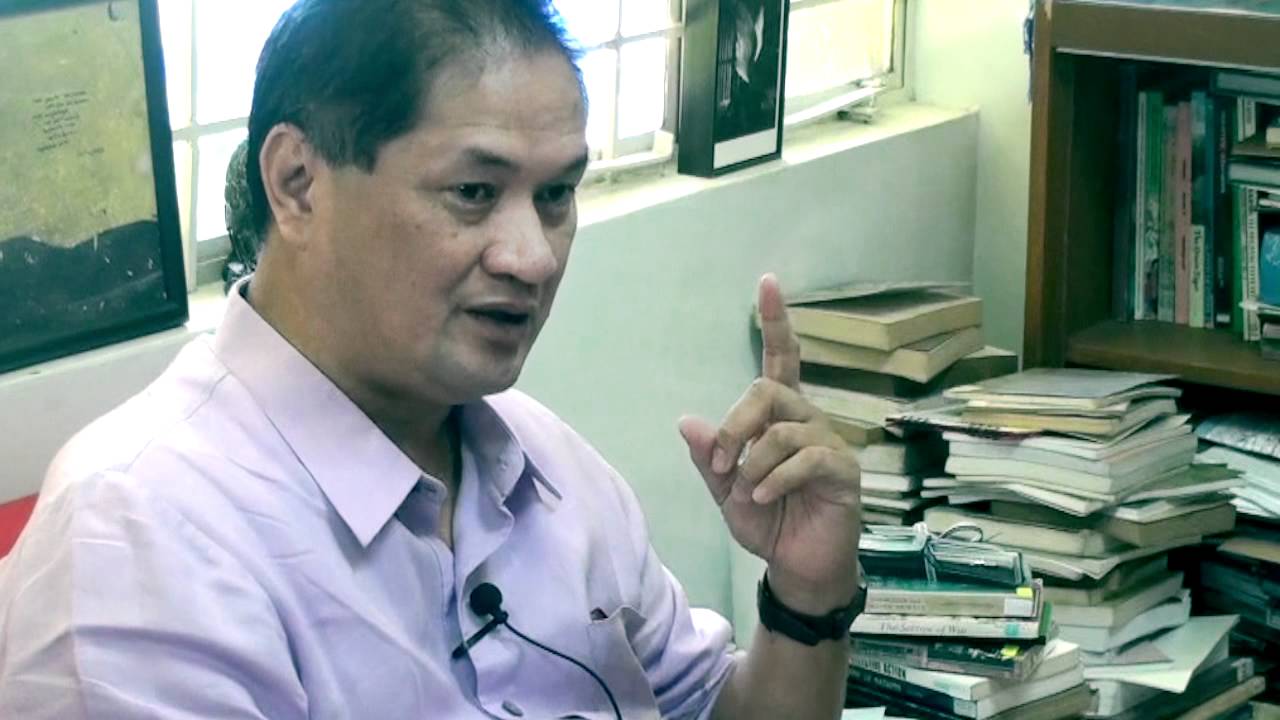
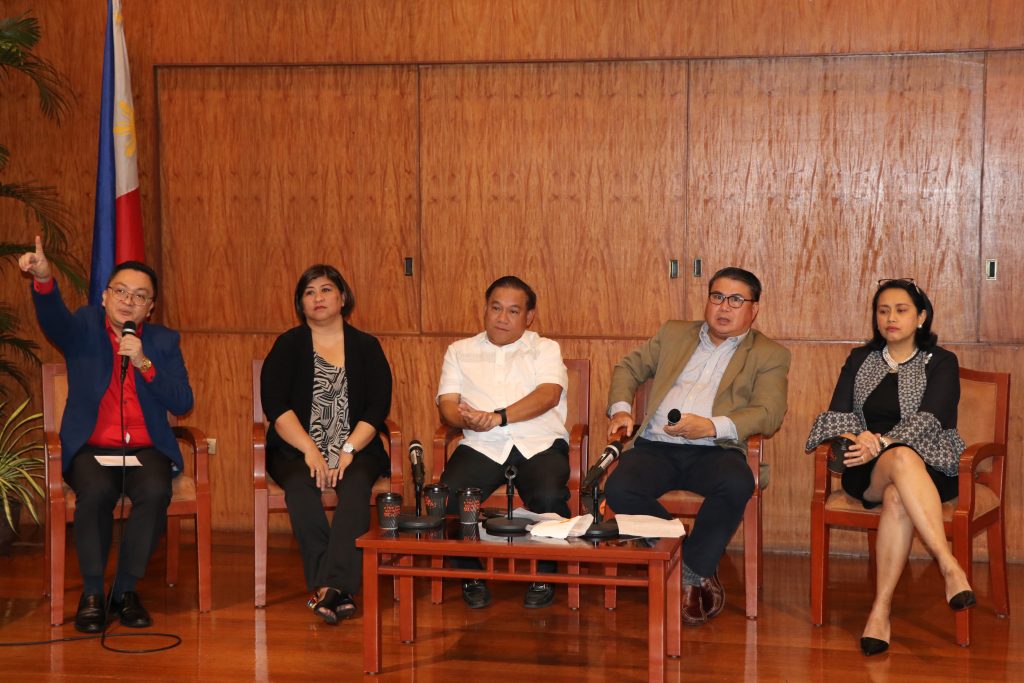
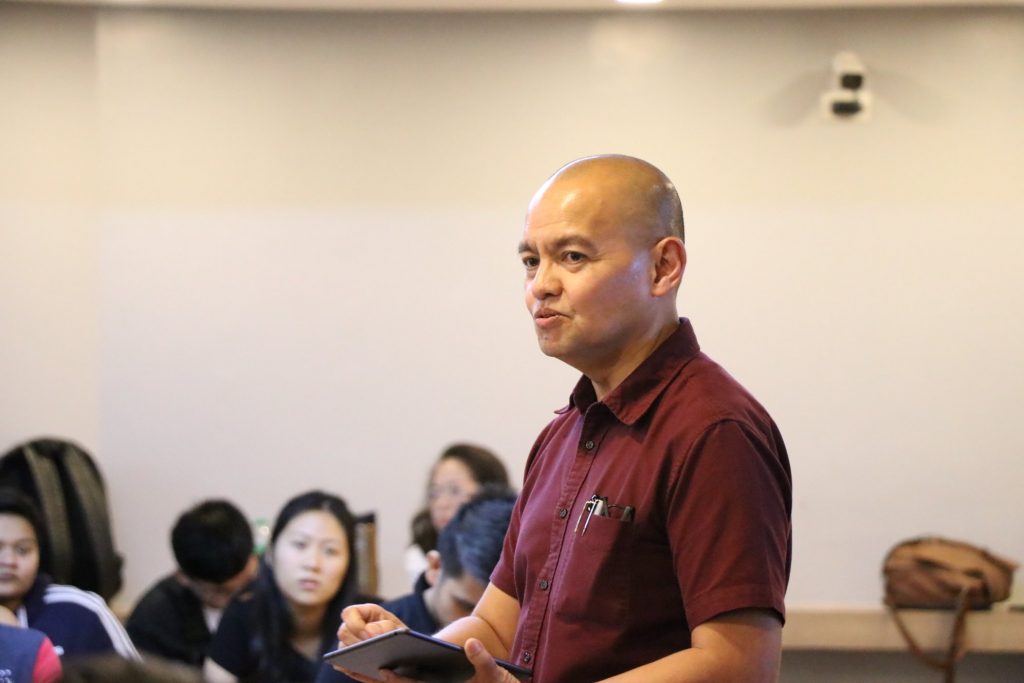
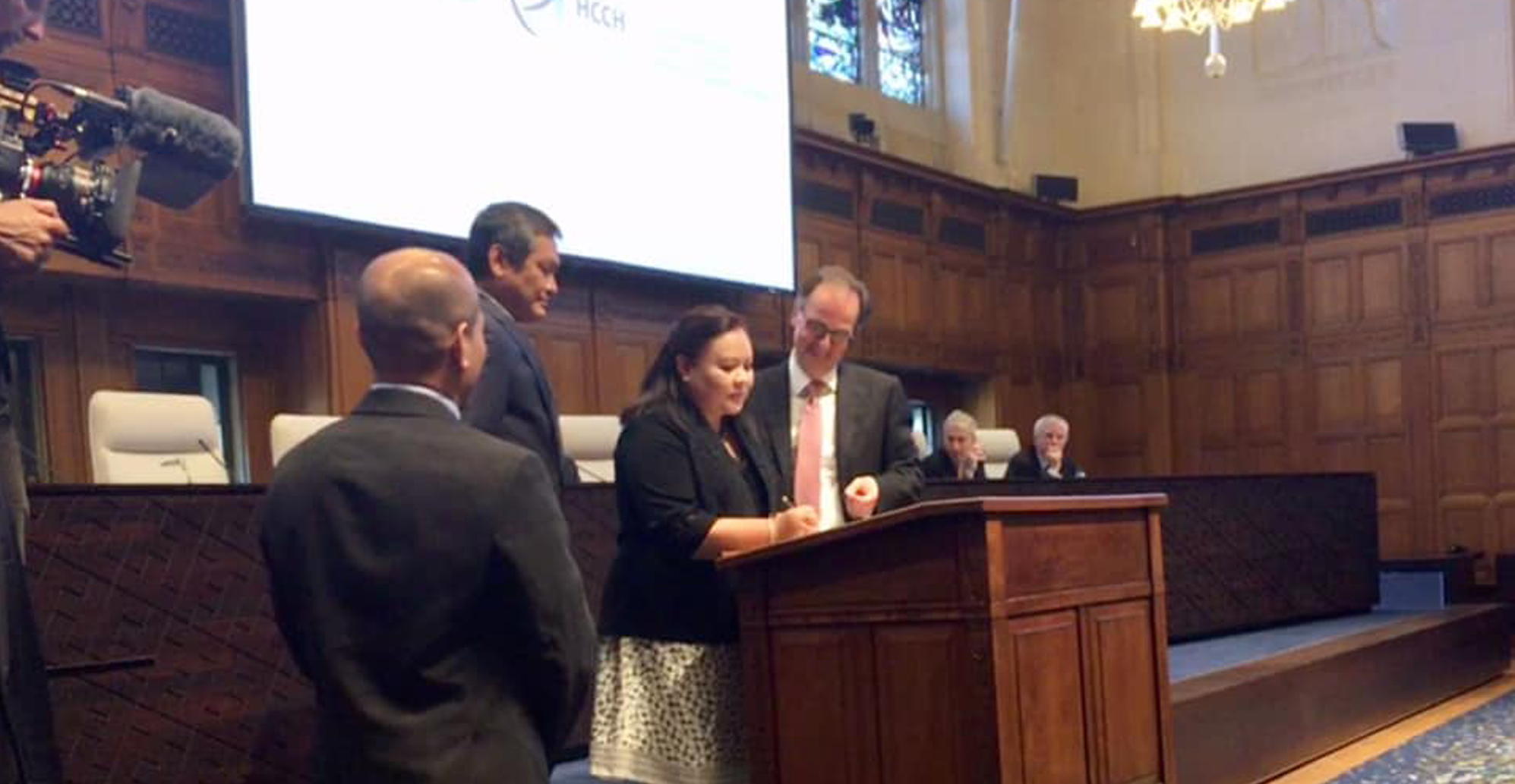
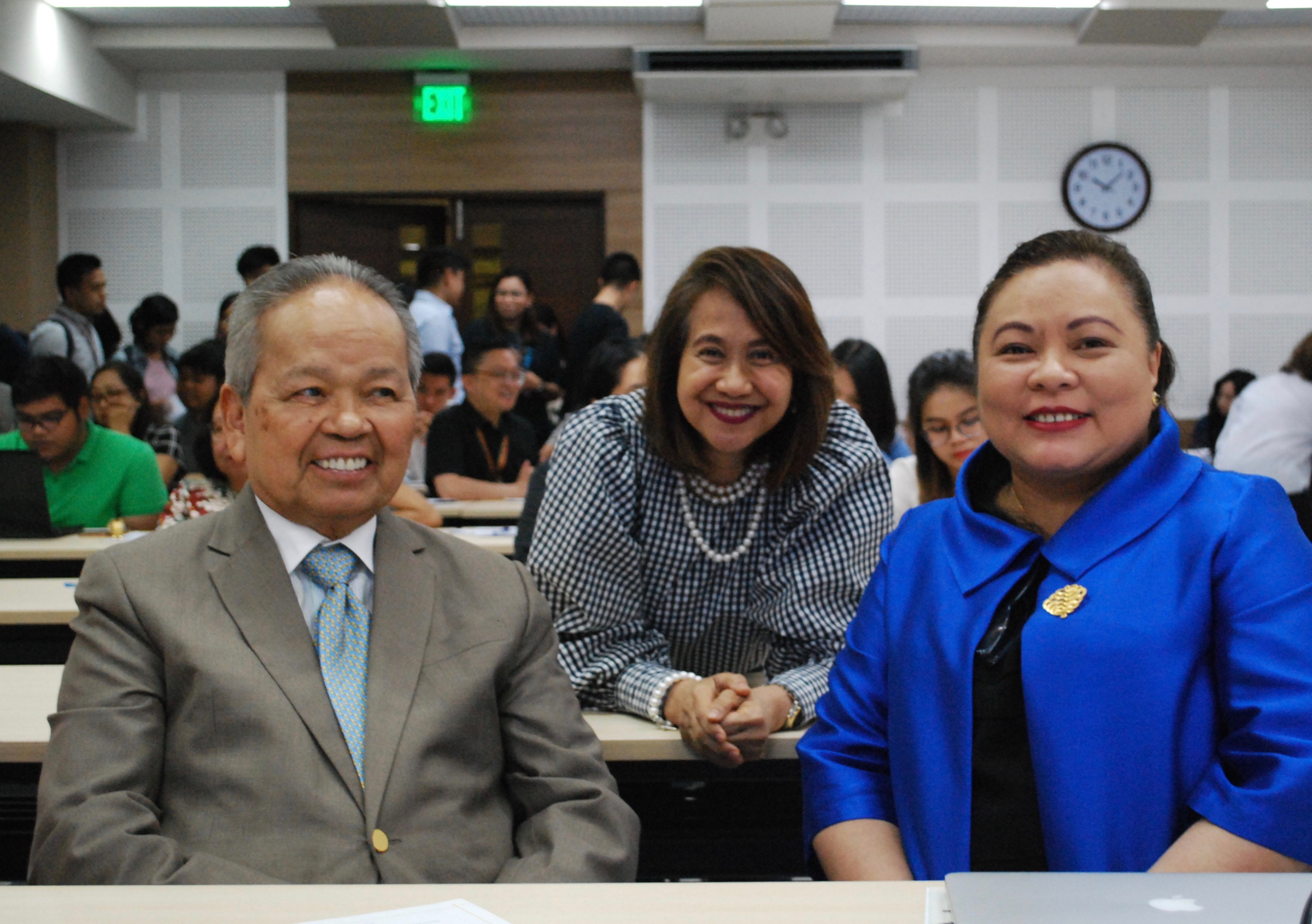







































































































 on the upper right corner to select a video.
on the upper right corner to select a video.